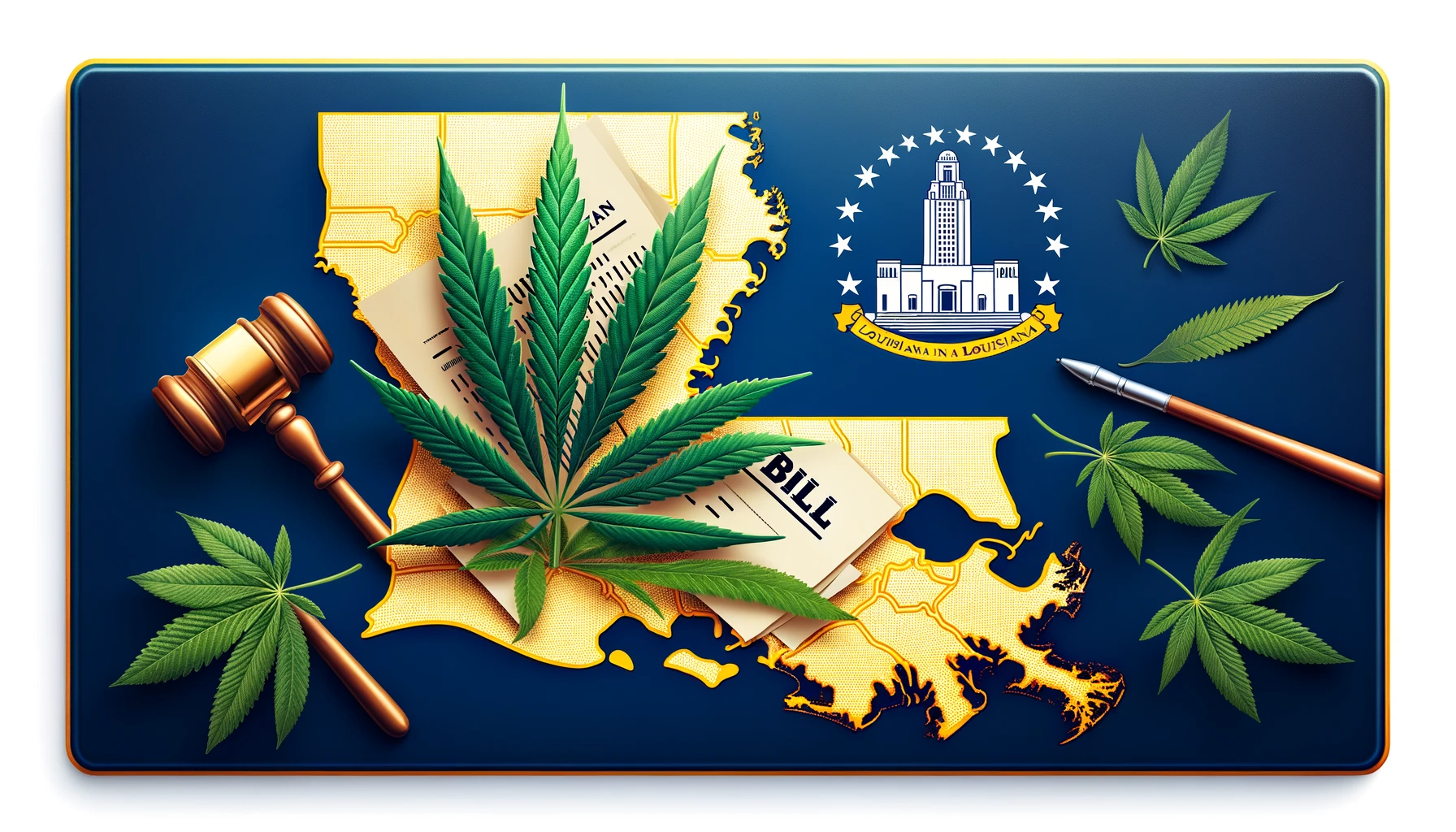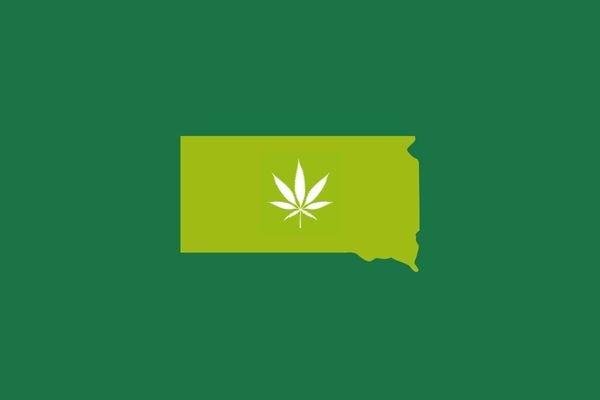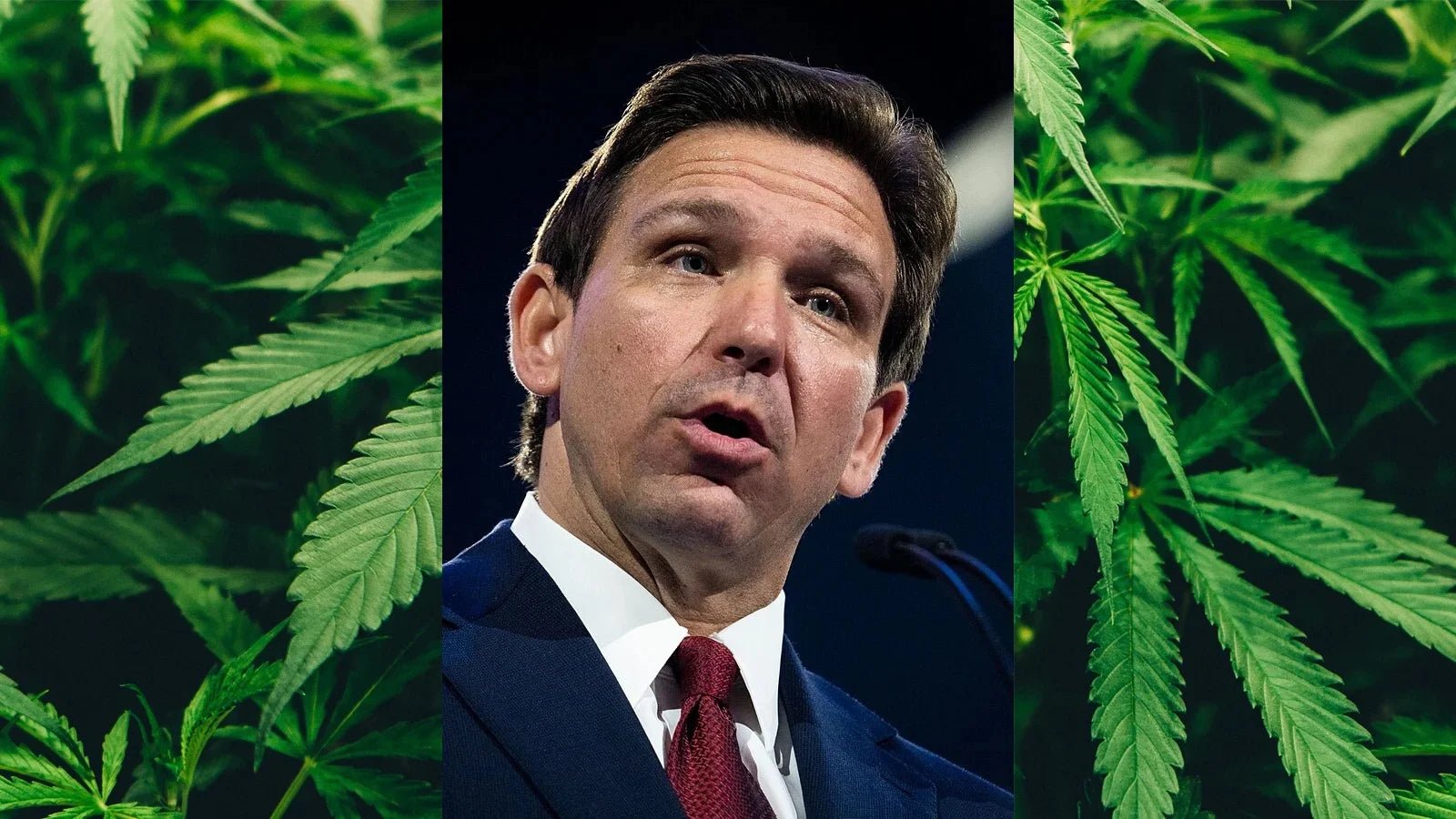While many southern states are choosing to outlaw all hemp-based intoxicating cannabinoids, the Bayou State is taking a decidedly more practical and effective strategy to address the proliferation of the polarizing compounds.

Much like the American Civil War, the current struggle between the hemp and cannabis industries involves almost daily skirmishes as the two sides fight for survival and the almighty consumer dollar. Since Congress legalized hemp with the passage of the 2018 Farm Bill, the young and mischaracterized industry has experienced momentous growth as well as a series of devastating setbacks.
Following the heady days of the COVID-19 pandemic lockdowns, which saw a massive explosion in the CBD market, the hemp industry was forced to pivot to products containing intoxicating hemp derivatives (IHDs) as CBD sales plummeted and hemp cultivators scrambled to find a market for their excess raw cannabidiol resources.
As a result, the IHD product sector experienced substantial growth, with items showing up in smoke shops, convenience stores, and gas stations nationwide. Along with the financial benefits provided by the new market came a severe backlash against IHDs among dubiously motivated politicians and lobbyist groups predominantly funded by the Big Cannabis corporate interests.
Under the sanctimonious guise of protecting public safety, especially underage minors, these well-paid lawmakers have undertaken a well-coordinated effort nationwide to crack down on or, in many instances, ultimately ban products containing IHDs.
However, one state that is taking a surprisingly reasonable and practical approach to the issue is Louisiana. Known for spicy cajun food, stifling summers, and highly conservative politics, the Bayou State also has one of the country's most lucrative and popular hemp industries.
So, when the issue of how to address IHDs initially presented itself to state leaders, there was an initial instinct to join the ranks of other southern states and effectively obliterate the young and burgeoning industry.
However, in recent months, state politicians have markedly shifted their attitudes concerning the best way to protect the public from bad actors selling unregulated and potentially dangerous IHD products while helping preserve the economic viability of an industry that employs thousands and generates millions in revenue for a state that can't afford to destroy a market with such promising financial potential.
According to numerous local and national media outlets, that unexpected progressive approach is now bearing legislative fruit that could serve as a template for how other states deal with their hemp industries and the enigmatic IHDs.
Last Friday, the state Senate passed a regulatory framework proposed by Rep. Dustin Miller (D) that provides age restrictions and portion limits on IHD items but does not ban them as previous measures have in the past.
The new bill would now limit sales of IHD products to adults over 21 and reduce serving sizes to 5 MG for IHD products. However, it was not all good news for hemp industry advocates and stakeholders. Miller's Senate-revised bill also includes an amendment that prohibits sales of THC-infused beverages and bars in restaurants, eliminating a popular alternative for people seeking a break from alcohol.
"We're largely satisfied with the outcome. ... This is a huge win for Louisiana. (However,) the main impact will be on people who like to go out and enjoy themselves without consuming alcohol," said Joe Gerrity, CEO of New Orleans-based Crescent Canna, which makes and distributes THC-infused seltzers.
"We're largely satisfied with the outcome. ... This is a huge win for Louisiana. (However,) the main impact will be on people who like to go out and enjoy themselves without consuming alcohol."
- Joe Gerrity, CEO of New Orleans-based Crescent Canna
Senate lawmakers also added an additional amendment banning the sale of IHD products in gas stations and convenience stores while still allowing their sale at truck stops in Louisiana.
The House must approve the amended and tweaked bill before it goes to the governor's desk for final approval. If the proposed legislation becomes law, it will represent one of the most enlightened approaches to dealing with IHDs, much like the one currently implemented in Minnesota.
The bill still has a long way to go and many more potential hurdles to clear before that can happen. However, if Miller's plan is successful, his proposed framework could serve as a viable and politically acceptable alternative to the much more punitive laws being implemented or considered in numerous states nationwide.
Seasoned negotiators often say that the sign of a good compromise is for both sides to be a little upset with the chosen plan. Louisiana's latest legislative battle over IHDs is that kind of "good compromise."








































